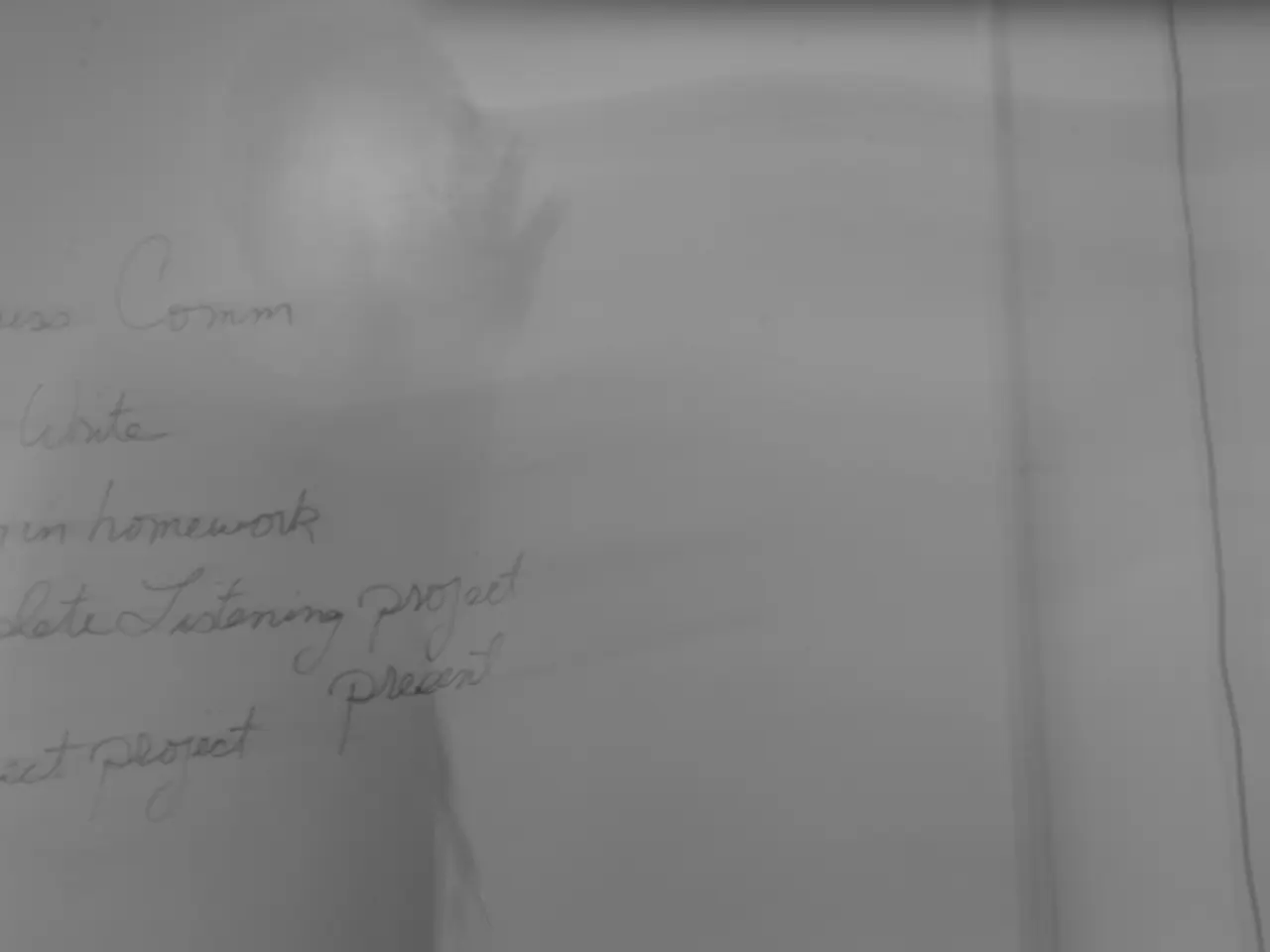Trump's tariffs deemed unlawful by the court, but remain enforced temporarily
In a significant development, the U.S. appeals court has ruled that President Donald Trump has no legal right to impose sweeping tariffs under a national emergency law. The ruling, which comes after a May decision by a federal court in New York that permanently blocked the tariffs, was handed down on Friday.
The case concerns country-specific tariffs first announced by Trump in April, targeting multiple U.S. trading partners. A dozen US states, including 10 led by Democrats and two by Republicans, had sued in April, arguing that the power to levy taxes, tariffs, and duties rests with the U.S. Congress, not the president.
The initial review from the appeals court was granted to examine the case after it was sought by Trump's administration. In Friday's decision, the appeals court largely upheld the lower court's ruling, though it did not directly ban the tariffs. The ruling will not take effect until October 14, allowing the government time to appeal to the Supreme Court.
President Trump has announced his intention to challenge the appeals court ruling. Trump expressed his view that the decision, if allowed to stand, would "literally destroy the United States of America." He also stated that removing the tariffs would be a "total disaster" for the United States.
The tariffs, which were first announced in April, targeted multiple U.S. trading partners. Some of the adjusted tariff rates include a 15% tariff on most European Union imports, which came into effect on August 7. The impact of the ruling on trade with countries already subject to agreements remains unclear.
Trump argued that trade deficits with other nations posed a national security risk, justifying tariffs without congressional approval. However, the appeals court's ruling has challenged this argument, stating that the president does not have the authority to impose tariffs under a national emergency law.
The first state to file the lawsuit against President Trump's tariffs in April was California. The outcome of the potential Supreme Court appeal is uncertain. If the Supreme Court upholds the appeals court's ruling, it could set a precedent for future presidential actions regarding tariffs and taxes.
Read also:
- Tobacco industry's suggested changes on a legislative modification are disregarded by health journalists
- Trump's Policies: Tariffs, AI, Surveillance, and Possible Martial Law
- Uncovering Political Ad Transparency: A Guide to Investigating opponent's Political Advertisements in the Digital Realm
- Elon Musk praises JD Vance's debate performance against Tim Walz








